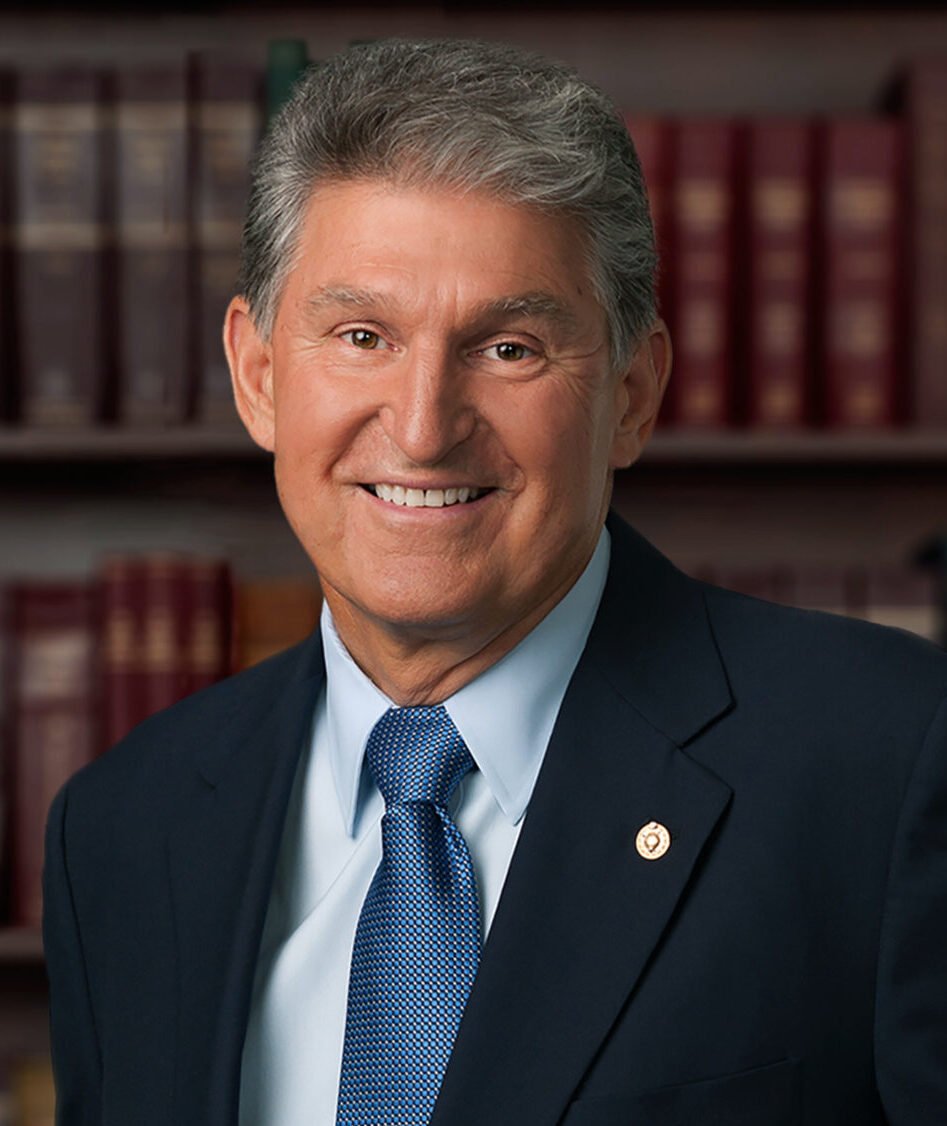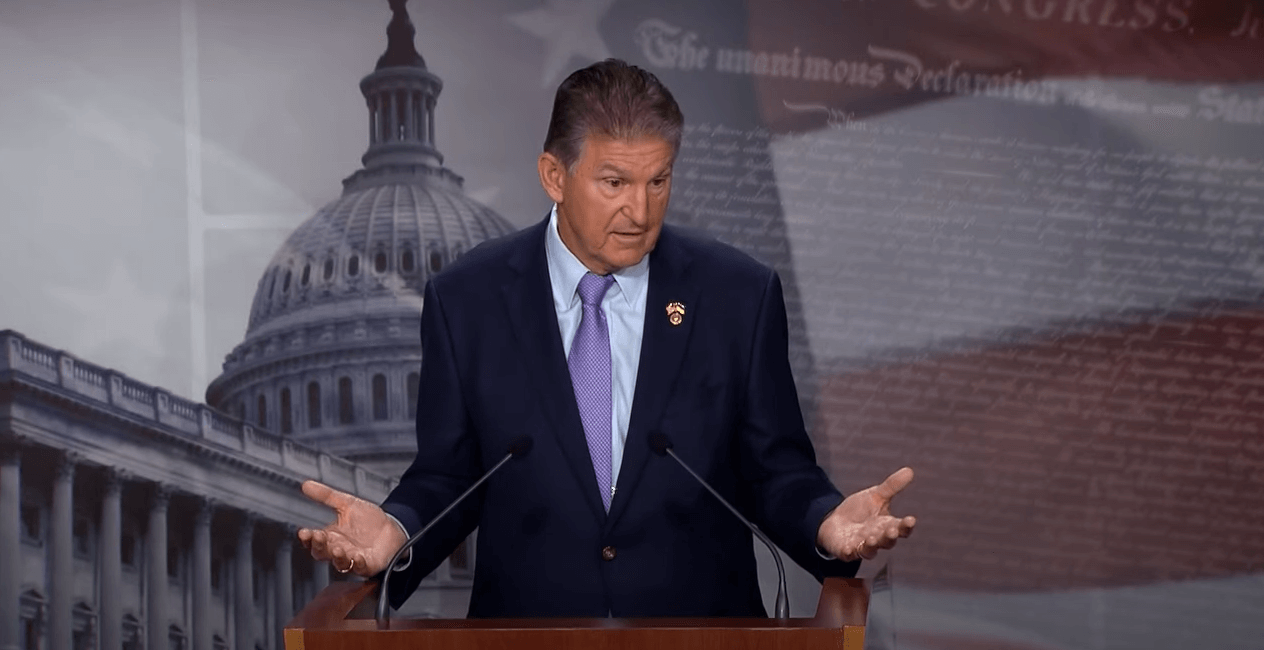CHARLESTON, W.Va. — Following the decision by OPEC+ nations to cut oil production, U.S. Sen. Joe Manchin, D-W.Va., on Wednesday urged congressional colleagues to take steps to increase domestic energy production and reconsider overhauling energy permitting.
The members of the oil-producing group announced production will decrease by 2 million barrels a day starting next month. According to the body, the move stems from “the uncertainty that surrounds the global economic and oil market outlooks, and the need to enhance the long-term guidance for the oil market, and in line with the successful approach of being proactive, and pre-emptive.”
OPEC+ members include Saudi Arabia and Russia; the Russian invasion of Ukraine triggered the rise in oil prices earlier this year. The Biden administration attempted to persuade other countries to produce more oil amid the ongoing military conflict.

“Today’s announcement from OPEC+ confirms why the United States must be energy independent and energy secure so we cannot be intimidated by foreign adversaries,” Manchin said in a statement.
“We have been blessed with an abundance of domestic energy resources, which we can produce cleaner than elsewhere in the world, and with that we have the ability to ensure energy independence and security for ourselves and our allies.”
Manchin, the chairman of the Senate Energy and Natural Resources Committee, used the news to make a case for his energy permitting bill. The measure — the Energy Independence and Security Act — includes language to shorten reviews of energy projects and promote work through presidential declarations. Manchin additionally inserted language related to completing the Mountain Valley natural gas pipeline; the 303-mile system would transport natural gas from West Virginia to Virginia.
Manchin wanted the bill as part of a continuing resolution funding the government until mid-December, but he pulled the idea after struggling to get enough support in the split Senate. According to Senate Majority Leader Chuck Schumer, D-N.Y., senators will consider the proposal before the end of the year.
“This announcement should serve to further motivate my colleagues in Congress to come to the table to pass comprehensive, bipartisan permitting reform to lessen our dependence on these foreign nations,” Manchin said.
Sen. Shelley Moore Capito, R-W.Va., is the lead sponsor of similar legislation. Her Republican colleagues backed her measure over Manchin’s bill, citing the need to pass a funding measure and Manchin’s involvement in drafting the Inflation Reduction Act. Capito, the ranking member of the Senate Environment and Public Works Committee, had expressed a willingness to support a continuing resolution with permitting language.
“OPEC’s decision to cut oil production will create consequences in America ONLY because of the Biden administration’s war on American energy,” Capito tweeted Wednesday. “Since day one in the White House, they have moved us farther and farther from American energy independence.”
Rep. Carol Miller, R-W.Va., said the announcement is a reason to increase domestic energy production.
“Energy security is national security,” she added.
The Biden administration vowed Wednesday to work with Congress on reducing “OPEC’s control over energy prices.” President Joe Biden has called on energy companies to address the difference between wholesale and retail gas prices.
The Department of Energy will release 10 million barrels from the nation’s strategic petroleum reserve to address the looming change; the agency has released one million barrels of crude oil each day following a late March announcement. Energy Secretary Jennifer Granholm will also explore steps to boost domestic energy production.
“Finally, today’s announcement is a reminder of why it is so critical that the United States reduce its reliance on foreign sources of fossil fuels,” national security adviser Jake Sullivan and National Economic Council director Brian Deese said.
“With the passage of the Inflation Reduction Act, the U.S. is now poised to make the most significant investment ever in accelerating the clean energy transition while increasing energy security, by increasing our reliance on American-made and American-produced clean energy and energy technologies.”
Congress passed the domestic policy measure in August along party lines. Manchin worked with Schumer on drafting the bill, which directs billions of dollars toward improving energy production and clean energy technology, in addition to health insurance subsidies and deficit reduction.


